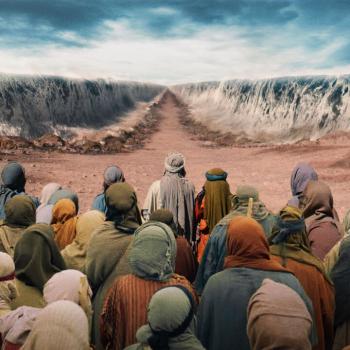Rosenstock-Huessy points out in one of the letters collected in Judaism Despite Christianitythat Kant worked out his entire philosophy in conscious dialogue with Rousseau: “While he himself wants to stand metaphysics on its head, just as Kepler and Newton stood physics, yet he compares for his part Rousseau and Newton. Rousseau has brought a comparable order into the theory of man’s mind. That is to say, he collaborates in all his work unconsciously with his opposite number, his spiritual better half who, he knows, is at work at the same time. All of Kant’s ‘Critiques’ acquire a bright gleam of illumination only if one sees that his vis-a-vis, i.e., Rousseau, doesn’t lie in an abandoned corner of his mind but is his equal; nay, as in every proper marriage, his better half” (154).
With Hegel, dialogue gives way to monologue: “In Hegel’s case . . . that better half vanished from his mind, which soon settled down and became pharisaical after it had been the eros to which we owe his birth as an original philosopher.” Schelling he calls a “hermaphrodite” (154-5).














